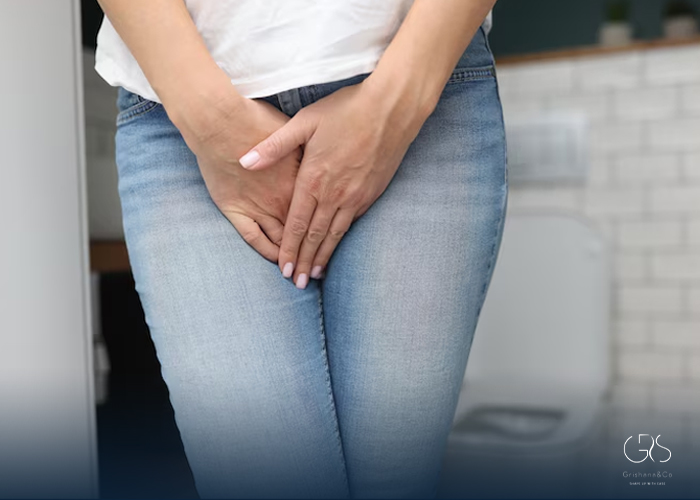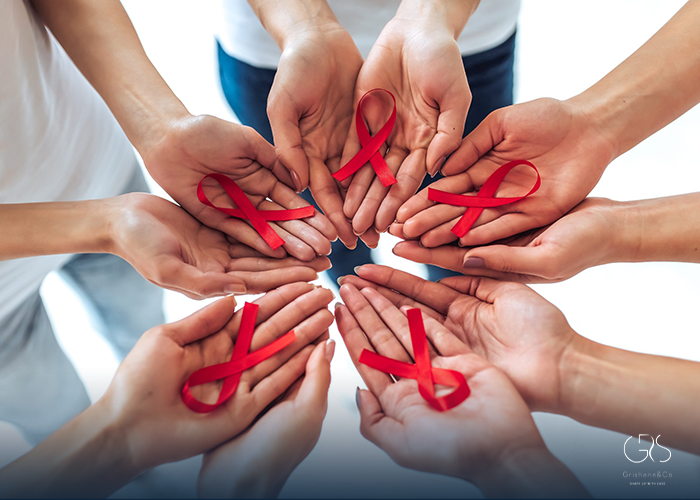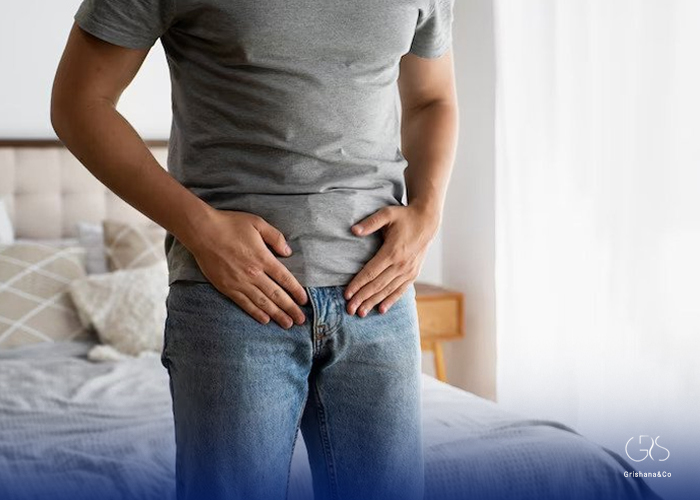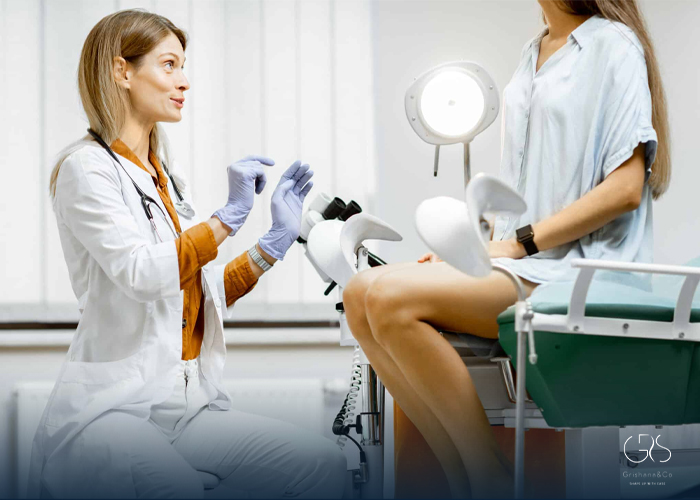A swollen labia, also known as labia swelling or vulvar swelling, can be a source of discomfort and concern for many women. It can occur due to various reasons and may range from mild irritation to more serious underlying conditions. In this article, we will explore the common causes of swollen labia and discuss the available treatments.
Common Causes of Swollen Labia
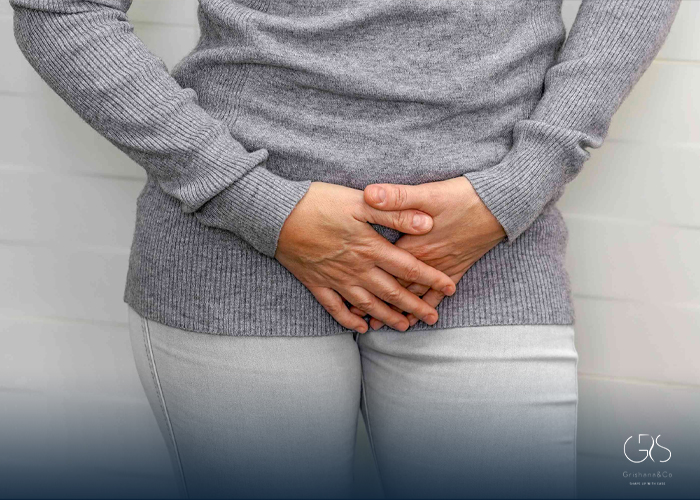
- Infections: Infections, such as yeast infections or bacterial vaginosis, can cause inflammation and swelling of the labia. These infections are typically accompanied by symptoms like itching, burning, and abnormal vaginal discharge. According to a study conducted by Reed et al., vaginal infections are prevalent among women, with approximately 75% experiencing at least one episode during their lifetime.
- Allergic reactions: Allergic reactions to irritants, such as soaps, detergents, perfumes, or latex, can trigger swelling and irritation in the genital area. This type of reaction is known as contact dermatitis. A study by Warshaw et al. found that 1.9% of women had a positive patch test reaction to certain allergens, including fragrances and preservatives.
- Injury or trauma: Trauma to the labia, such as from sexual activity, childbirth, or accidental injury, can lead to swelling. The labia may become bruised or inflamed after such incidents.
- Hormonal changes: Hormonal fluctuations during the menstrual cycle, pregnancy, or menopause can cause the labia to swell. These changes can result in increased blood flow and fluid retention in the genital area.
- Bartholin’s cyst: A Bartholin’s cyst occurs when one of the Bartholin’s glands, located near the vaginal opening, becomes blocked. This blockage can cause swelling in the labia. According to a study published in the Journal of Clinical and Diagnostic Research, Bartholin’s cyst is a common condition, affecting around 2% of women.
Treatment Options
The appropriate treatment for swollen labia depends on the underlying cause. Here are some common treatment approaches:
- Observation and self-care: In cases of mild swelling due to minor irritation or trauma, self-care measures like avoiding irritants, practicing good hygiene, and applying cool compresses can help reduce the swelling.
- Medication: Infections, such as yeast infections or bacterial vaginosis, can be treated with the appropriate medications prescribed by a healthcare professional. These may include antifungal creams, antibiotics, or antiseptic solutions.
- Surgical intervention: In cases of large or persistent Bartholin’s cysts, a minor surgical procedure known as marsupialization may be necessary to drain the cyst. This procedure is typically performed by a gynecologist.
- Allergy management: If an allergic reaction is suspected, identifying and avoiding the allergen is key. Over-the-counter antihistamines or topical corticosteroids may be recommended to reduce inflammation and itching.
Seeking Medical Advice
While self-care measures and over-the-counter treatments may help in certain cases, it is important to consult a healthcare professional if the swelling persists, worsens, or is accompanied by severe pain, discharge, or other concerning symptoms. A healthcare provider will be able to diagnose the underlying cause and recommend appropriate treatment.
Conclusion
Understanding the causes and treatment options for swollen labia is essential for women who experience discomfort or concern due to this condition. Swollen labia can result from various factors, such as infections, allergic reactions, trauma, hormonal changes, or Bartholin’s cysts. Treatment approaches include self-care measures, medication, surgical intervention, and managing allergies. While self-care and over-the-counter treatments may help in some cases, it is crucial to seek medical advice if the swelling persists, worsens, or is accompanied by severe symptoms. Consulting a healthcare professional will provide a proper diagnosis and ensure appropriate treatment is implemented for optimal relief and well-being.
Sources
- National Library of Medicine, Swollen labia majora: An unusual presentation of occult inguinal hernia secondary to ovarian hyperstimulation syndrome
- Healthline , What Causes Swollen Labia and How Is It Treated?


